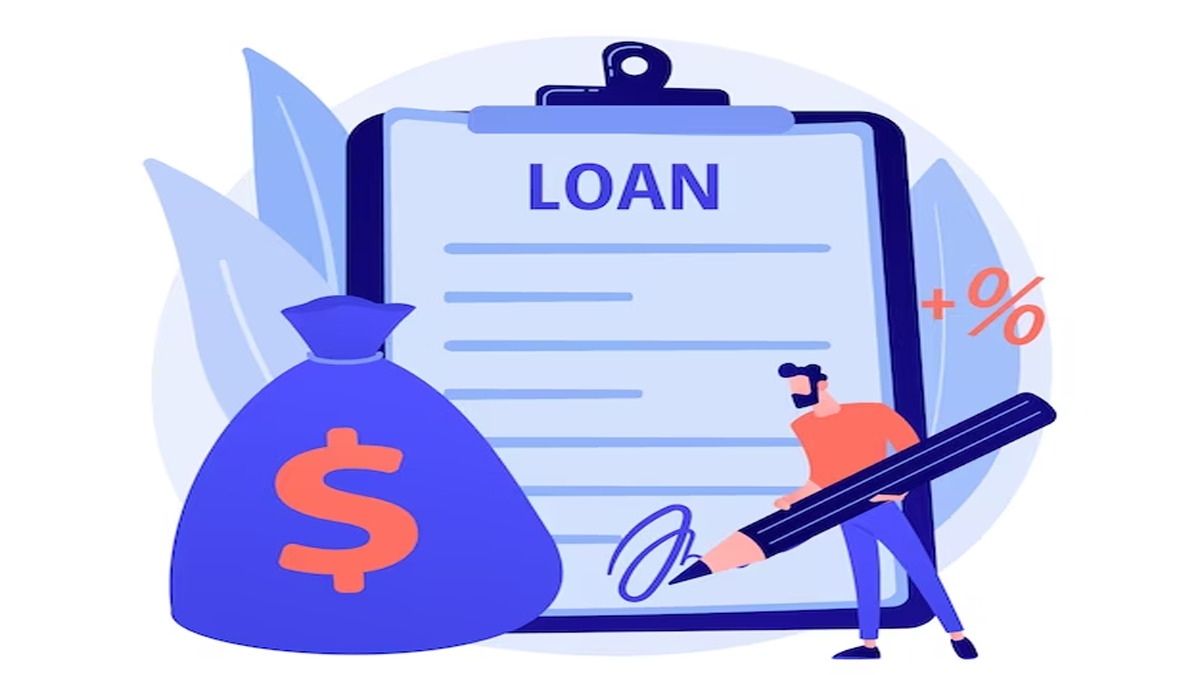When a borrower applies for a loan, especially in situations where the borrower’s creditworthiness is in question, lenders may require a guarantor to provide an additional layer of security for the loan.
If the borrower misuses the loan, defaults on payments, or otherwise fails to fulfill their obligations, the lender has the right to pursue repayment from the guarantor. However, the extent to which a guarantor can face legal consequences depends on several factors, including the terms of the guarantee agreement, applicable laws, and the actions of the guarantor and borrower.
Here’s a detailed explanation of how a loan guarantor could potentially face legal consequences:
- Guarantee Agreement:
When a person agrees to be a loan guarantor, they typically sign a guarantee agreement. This agreement outlines the responsibilities and obligations of the guarantor, including the conditions under which they might be required to repay the loan. It’s crucial for the guarantor to fully understand the terms of this agreement before signing. - Primary Borrower Default:
If the primary borrower fails to make payments or defaults on the loan, the lender can demand repayment from the guarantor. The lender may initiate legal proceedings to recover the outstanding debt from the guarantor, based on the terms of the guarantee agreement. - Legal Actions:
If the guarantor refuses to fulfill their obligations under the guarantee agreement, the lender can take legal action to enforce repayment. This might involve suing the guarantor to obtain a court judgment for the outstanding debt. If the court rules in favor of the lender, the guarantor could be required to repay the loan amount, plus any interest, fees, and legal costs incurred. - Assets and Property Seizure:
In some cases, if the guarantor fails to repay the loan as required by the court judgment, the lender may seek to seize the guarantor’s assets or property to satisfy the debt. This could include bank account garnishments, property liens, or other legal means of asset recovery. - Credit Consequences:
A loan default by the guarantor could also have negative consequences for their credit score and financial reputation. The guarantor’s credit history could be impacted, making it harder for them to access credit in the future or obtain favorable terms on loans. - Defenses and Mitigating Factors:
It’s important to note that guarantors may have certain defenses or mitigating factors that could impact their liability. For example, if the lender failed to adhere to legal requirements when seeking repayment from the guarantor, or if there was misrepresentation or fraud involved, the guarantor’s liability might be limited or nullified.
In summary, a loan guarantor can indeed face legal consequences if the borrower misuses the loan and defaults on payments. The extent of these consequences depends on the specific circumstances, the terms of the guarantee agreement, and the applicable laws. It’s essential for anyone considering becoming a loan guarantor to fully understand their obligations and seek legal advice if needed before entering into such an agreement.
